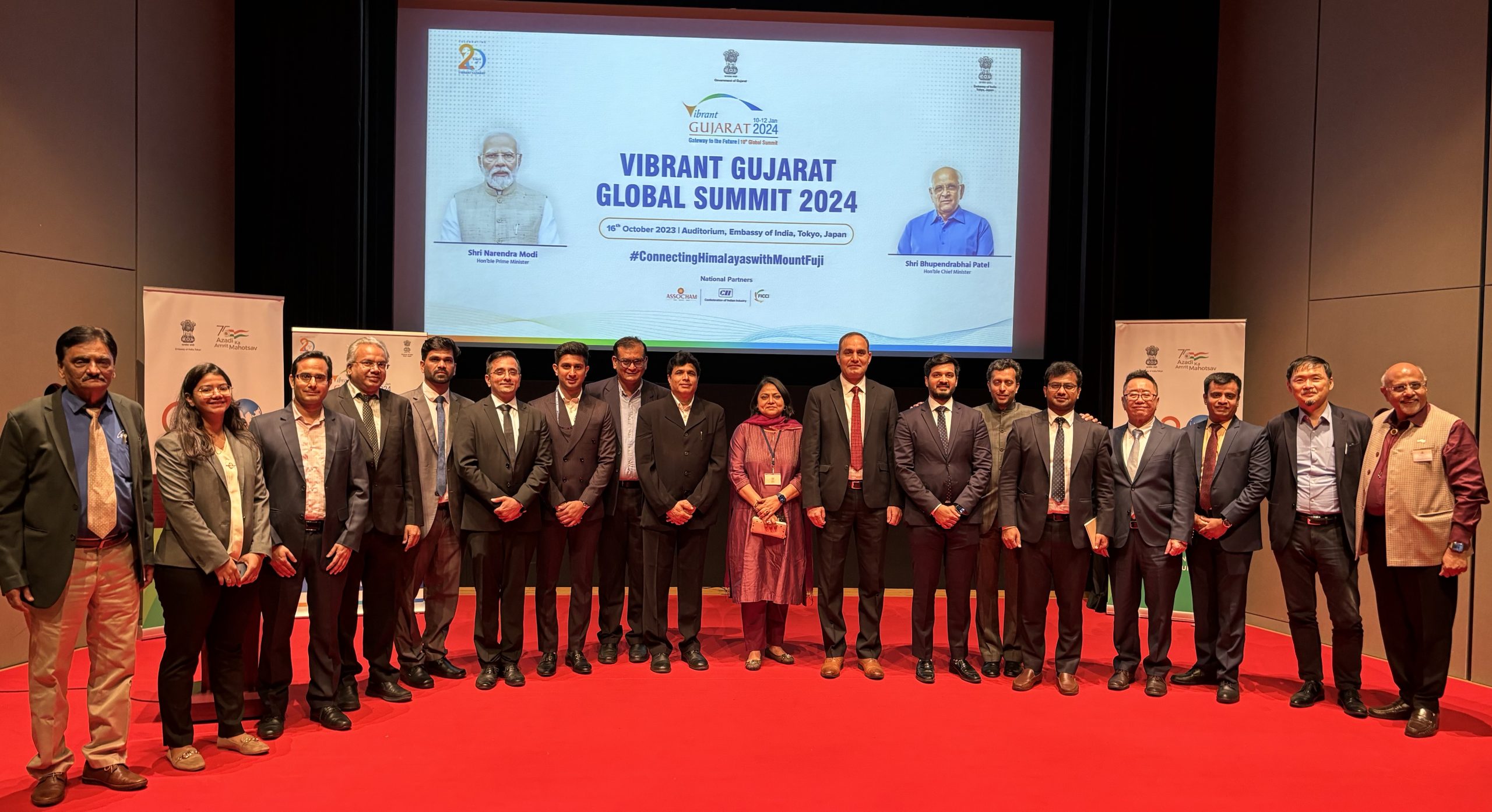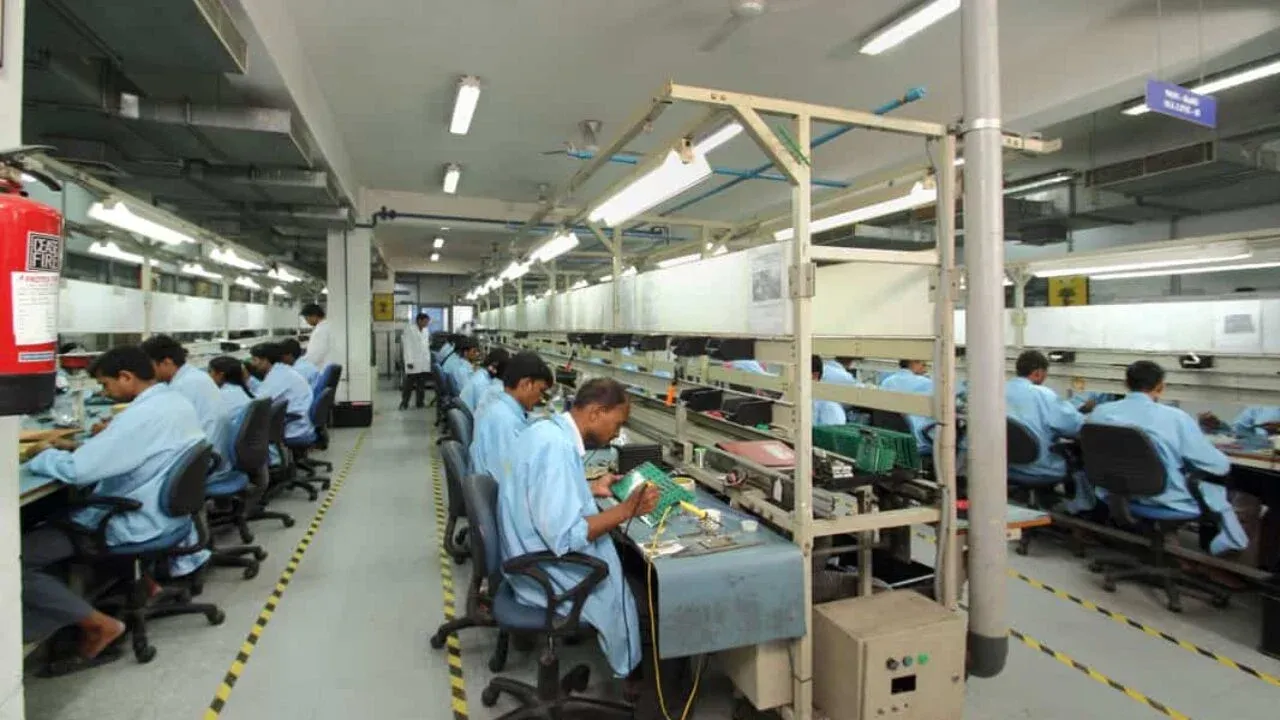Vedanta’s Call: Japanese Companies to Join India’s Electronics Manufacturing Revolution 2023

Vedanta’s Call: Japanese Companies to Join India’s Electronics Manufacturing Revolution 2023
India has emerged as a global hub for electronics manufacturing in recent years, driven by the government’s ‘Make in India‘ initiative and the ever-increasing demand for electronic devices.
In a significant move, Vedanta Limited, a leading Indian conglomerate, has extended an invitation to Japanese companies to partner in India’s electronics manufacturing revolution.

This collaboration aims to leverage Japan’s technological expertise and India’s vast market potential to propel the electronics sector forward.
AvanStrate Inc., a member of the Vedanta group, has its headquarters in Japan. Additionally, at the end of last year, the business entered into partnerships with 30 Japanese technology firms to support the growth of the glass display and semiconductor manufacturing ecosystem in India.
Vedanta Limited, a division of Vedanta Resources Limited, is a natural resources company with significant operations in oil and gas, zinc, lead, silver, copper, iron ore, steel, nickel, aluminium, power, and glass substrate as well as forays into semiconductors and display glass.
It has operations in India, South Africa, Namibia, Liberia, the United Arab Emirates, Korea, Taiwan, and Japan.

The state government of Gujarat invited Vedanta to the roadshow targeting Japan’s leading electronics manufacturers, ahead of the 10th Vibrant Gujarat Global Summit, in a move intended to enhance cooperation and investment potential between Japan and India. Vedanta emphasised the investment potential in India, particularly in Gujarat, while pleading on Japanese businesses to join the country’s revolution in electronics manufacturing.
India’s electronics manufacturing industry has witnessed substantial growth in recent years, making it one of the fastest-growing sectors in the country.
This growth is attributed to several factors, including the ‘Make in India’ initiative, a skilled workforce, favorable policies, and a burgeoning domestic market. India has also taken significant steps to promote local manufacturing, attract foreign investments, and reduce dependency on imports.
%20inaugurates%20the%20Korea%20Biz-Trade%C2%A0Show%C2%A02....jpg)
Key Components of India’s Electronics Manufacturing Ecosystem:
- Government Initiatives: The Indian government, through its ‘Make in India’ and ‘Digital India’ programs, has introduced several policy measures and incentives to encourage electronics manufacturing in the country. These include the Production-Linked Incentive (PLI) scheme, which offers financial incentives to manufacturers, and the Electronics Manufacturing Clusters (EMC) scheme, which supports the development of electronics manufacturing infrastructure.
- Skilled Workforce: India boasts a vast pool of skilled engineers and technicians, making it an attractive destination for electronics manufacturing. The availability of a young and tech-savvy workforce is a significant advantage for companies looking to establish a presence in the country.
- Growing Domestic Market: India’s domestic market for electronics continues to expand rapidly, driven by rising disposable incomes and increasing smartphone penetration. This presents a significant opportunity for manufacturers to cater to the domestic demand while exploring export possibilities.
Vedanta Limited, a diversified natural resources company with a strong presence in India, has extended a warm invitation to Japanese companies to join the electronics manufacturing revolution in the country. This collaboration aims to capitalize on Japan’s technological prowess and India’s growing consumer base.

Japanese companies are renowned for their cutting-edge technology in electronics manufacturing. Collaborating with Vedanta provides an opportunity for knowledge transfer and technology sharing, which can accelerate India’s electronics sector growth.
Japan has a well-established supply chain ecosystem. Partnering with Vedanta allows for the integration of Indian manufacturing into global supply chains, enhancing the competitiveness of Indian electronics products.
Vedanta is committed to sustainable and responsible manufacturing practices. Collaborating with Japanese firms can help ensure that environmental and ethical standards are met, aligning with global expectations.

The partnership opens doors for Japanese companies to invest in India’s electronics sector, taking advantage of incentives such as the PLI scheme, which provides financial benefits based on production volumes.
With Vedanta’s vast distribution network and presence in multiple sectors, Japanese companies can gain easier access to the Indian market, reducing the challenges associated with market entry.
The collaboration between Vedanta and Japanese companies signifies a strategic alignment aimed at fostering the growth of India’s electronics manufacturing sector.
This partnership has the potential to bring about significant advancements in technology, sustainable practices, and market access, ultimately contributing to India’s goal of becoming a global electronics manufacturing hub.
Vedanta’s invitation to Japanese companies to participate in India’s electronics manufacturing revolution is a promising development for both countries.
It combines Japan’s technological expertise with India’s vast market potential, setting the stage for a mutually beneficial partnership that can drive innovation and economic growth in the electronics sector.
As this collaboration takes shape, it holds the promise of further propelling India’s electronics industry onto the global stage.





